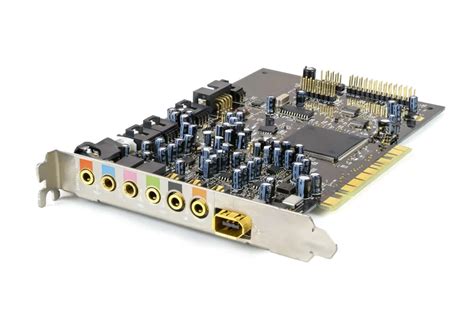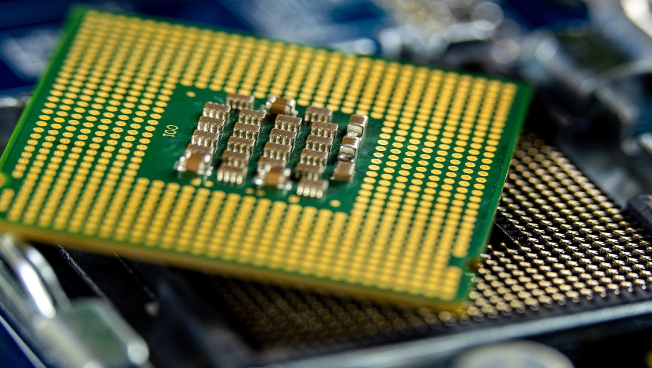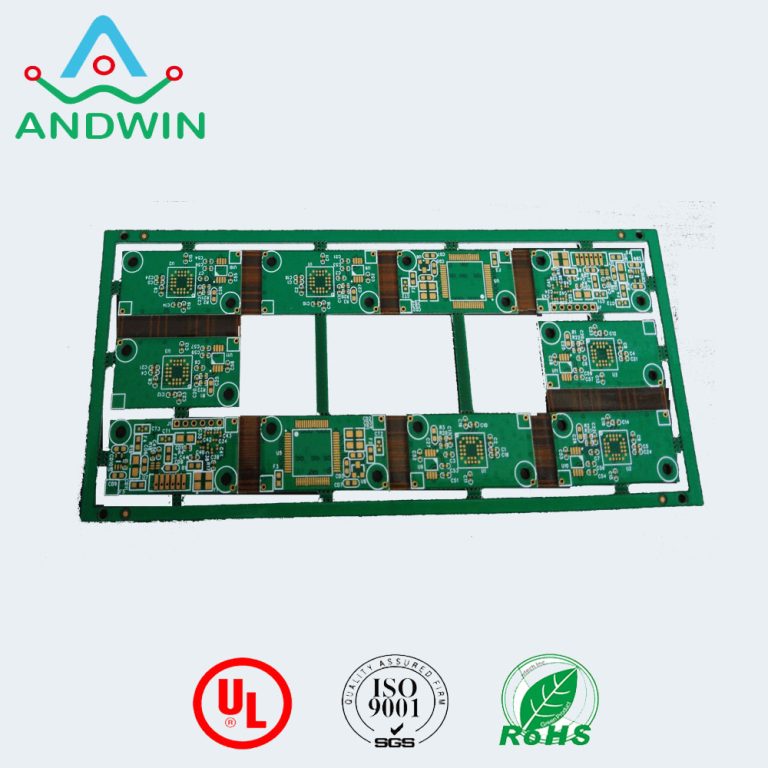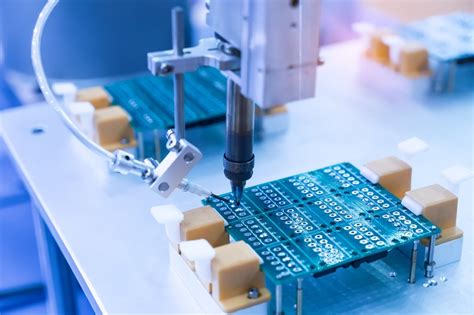Finding the Ideal HDI PCB Supplier for Optimal Performance
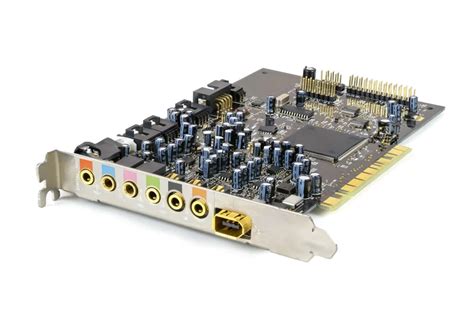
Key Takeaways
Choosing the right HDI PCB supplier is crucial for your project’s success in PCB manufacturing. To start, evaluate the key criteria that should guide your selection process. Begin by understanding the manufacturing capabilities that different suppliers offer; an ideal partner should possess advanced technologies to fulfill intricate designs and high-density interconnections essential for modern applications. Additionally, consider the experience and expertise of the supplier. A seasoned company often brings valuable insights that can prevent common pitfalls in the PCB manufacturing business. Be wary of red flags during your evaluation, such as inconsistent delivery times or lack of certifications.
Don’t overlook the importance of consistency and reliability in your suppliers, as these factors directly impact the quality of your final product. A dependable supplier can help mitigate issues related to PCB manufacturing costs, ensuring you stay within budget while maintaining standards. Take time to analyze potential suppliers’ pricing models; a balance between cost-effectiveness and quality is key for long-term success.
A strong communication line fosters a partnership that supports both parties’ goals. Regular updates and open channels can lead to a more collaborative experience, enhancing your project’s outcome in this competitive sector.
"Building a reliable relationship with your supplier is just as important as focusing on their manufacturing capabilities."
Stay informed about future trends within the industry; adapting to technological advancements will position you ahead in PCB manufacturing strategies, ensuring your projects not only keep pace but thrive in an evolving market landscape.
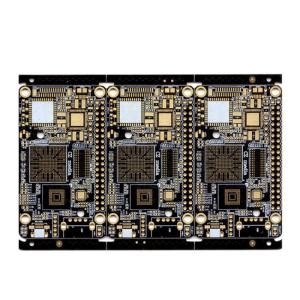
Understanding HDI PCBs: What You Need to Know
High-Density Interconnect (HDI) PCBs are crucial components in modern electronic devices, known for their ability to pack more functionality into smaller spaces. This increased density allows for greater performance and efficiency in various applications, from smartphones to sophisticated industrial systems. When considering your options for pcb manufacturing, understanding the intricacies of HDI technology becomes essential. These PCBs feature closely spaced vias, microvias, and thin traces, which necessitate advanced techniques and equipment to ensure quality throughout the pcb manufacturing process. Opting for the right pcb manufacturing companies can significantly influence the overall performance of your project. A great supplier not only meets your specifications but understands the complexities involved in achieving a high-quality end product while maintaining an acceptable pcb manufacturing cost. By doing thorough research and evaluating potential partners based on their capabilities in HDI technology, you secure a reliable foundation for your pcb manufacturing business, enhancing your project’s potential to succeed in a competitive market.
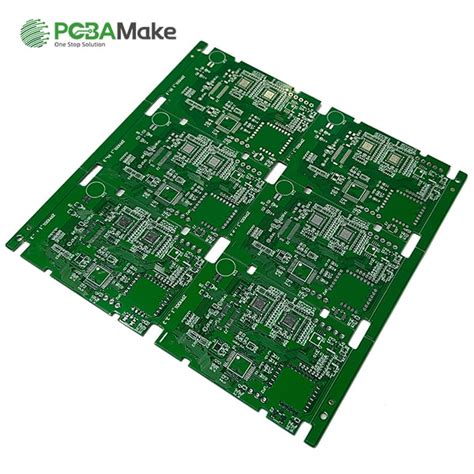
Key Criteria for Evaluating HDI PCB Suppliers
When searching for the ideal HDI PCB supplier, it’s crucial to take a systematic approach in evaluating potential partners. Start by examining their capabilities in PCB manufacturing—this encompasses the type of technology they utilize and their production capacity. An advanced supplier should have the ability to handle intricate designs and high-density interconnects, which are fundamental to optimal performance. Assessing the experience of PCB manufacturing companies is equally important; a supplier with a solid track record in your industry is more likely to understand your specific needs. Look for relevant case studies and client testimonials, as these can serve as indicators of reliability and quality. Moreover, consider their responsiveness and communication skills, which directly impact your working relationship. Leaning towards a robust PCB manufacturing business that prioritizes consistent product quality will not only enhance your project but can also help control PCB manufacturing costs, ensuring that you receive excellent value without compromising on performance or quality standards. Engaging with potential suppliers in comprehensive discussions can also help you gauge their preparedness to meet future challenges, thus laying a strong foundation for partnership success.
The Importance of Manufacturing Capabilities in PCB Production
When choosing an HDI PCB supplier, understanding their manufacturing capabilities is crucial for the success of your project. The pcb manufacturing process is complex, and the supplier’s ability to meet specific technical requirements significantly influences the final product quality. You should look for pcb manufacturing companies that have advanced machinery and technology, which can handle intricate designs and multilayer boards essential for HDI PCBs. Assessing their capabilities also involves evaluating their capacity to adapt to various production volumes, as this will directly impact your project timelines and overall efficiency. Furthermore, a reliable supplier should demonstrate expertise in design for manufacturability, ensuring that your designs can be translated into effective manufacturing processes without additional complications. Focusing on a supplier’s experience will also give you insights into their ability to troubleshoot potential problems during production—a key factor in maintaining consistent quality. The understanding of advanced materials and substrates used in pcb manufacturing cost will also help you gauge whether they can deliver high-quality boards that meet industry standards while being economically viable for your pcb manufacturing business.
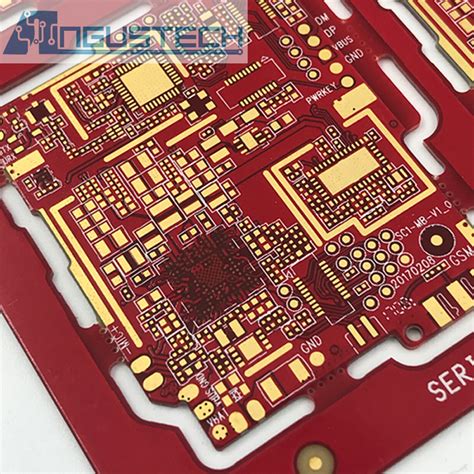
Assessing Experience and Expertise: Red Flags to Watch For
When selecting an HDI PCB supplier, evaluating their experience and expertise is crucial to ensuring the success of your project. A reputable supplier will be transparent about their capabilities, providing you with insights into their past projects and previous client relationships. Look for signs of a robust pcb manufacturing business; established companies often showcase a portfolio that reflects their ability to handle projects similar to yours. Additionally, it is essential to ask for customer references or case studies that demonstrate successful outcomes. Be wary of suppliers who hesitate or provide vague responses, as this may indicate a lack of experience or potential incompetence in the field.
Another red flag involves the supplier’s ability to produce HDI PCBs consistently under different conditions. Assessing their manufacturing processes can give you a glimpse into how they maintain quality standards despite varying pcb manufacturing costs or demands. Consider conducting interviews with key personnel; a knowledgeable team should articulate not only technical details but also offer insights into troubleshooting and emphasizing quality assurance practices.
Ultimately, don’t overlook the importance of discerning whether a supplier has engaged in continuous training and keeps up with industry trends. Selecting from reputable pcb manufacturing companies that prioritize skill development can indicate a commitment to staying competitive in the evolving landscape of PCB technology, thus ensuring optimal performance for your projects.
Reliability in HDI Suppliers: Ensuring Consistent Quality
When choosing an HDI PCB supplier, one of the most critical factors is their reliability in providing consistent quality. The quality of the PCB manufacturing process can significantly affect the overall success of your project. It’s essential to conduct thorough research into potential suppliers, focusing on their track record for delivering high-quality products on time. In evaluating pcb manufacturing companies, examine their certifications and adherence to industry standards, which often correlate with reliability. Engage with previous clients to gain insight into their experiences, particularly regarding any complaints or quality issues that arose during the partnership. As you assess potential suppliers, keep an eye out for any signs of instability within their operation; frequent changes in management or production capabilities might indicate underlying pcb manufacturing cost issues affecting quality consistency. To solidify your partnership with a supplier, clear communication about your expectations can foster trust and encourage a commitment to maintain high standards throughout the pcb manufacturing business relationship.
Cost-Effectiveness: Balancing Price and Quality
When evaluating potential HDI PCB suppliers, understanding the delicate balance between cost-effectiveness and quality is paramount. While it may be tempting to choose a supplier solely based on the pcb manufacturing cost, making a decision on price alone can lead to substandard products that jeopardize your project’s success. Engaging with reliable pcb manufacturing companies allows you to assess how they maintain high production standards while keeping prices competitive. It’s critical to consider factors such as the materials used, production capabilities, and technical support offered, all of which contribute to the overall cost but can significantly affect performance outcomes. A well-established pcb manufacturing business will typically have optimized processes that not only streamline production but also enhance quality assurance measures, ensuring you receive a product that meets both your budget and quality expectations. Therefore, while comparing quotes from various suppliers, prioritize those who demonstrate a robust commitment to quality in their pcb manufacturing processes; this is essential for achieving the best return on investment in your projects.
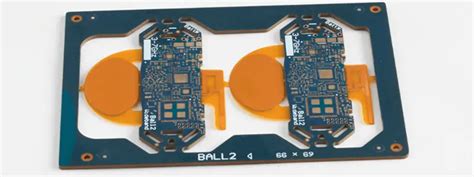
Communication and Partnership: Building a Strong Supplier Relationship
Establishing effective communication with your HDI PCB supplier is essential for fostering a successful partnership. When embarking on the journey of PCB manufacturing, clear and open lines of dialogue can greatly enhance the efficiency of your project. This includes not only discussing the technical specifications of your designs but also collaborating on potential improvements and innovations. As you evaluate PCB manufacturing companies, prioritize those that are responsive and committed to transparency. A supplier that encourages regular check-ins and provides updates on production schedules can significantly reduce uncertainties, leading to fewer delays and better overall project outcomes. Additionally, consider their willingness to provide feedback on design choices, which can be invaluable in optimizing manufacturing costs. This collaborative approach helps create a unified vision for the project, aligning your goals with theirs. As you navigate through PCB manufacturing, remember that building a solid partnership means investing time and resources in establishing trust, which can ultimately result in higher-quality products and a more resilient business relationship.
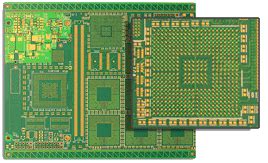
Future Trends in HDI PCB Manufacturing and How to Stay Ahead
As the landscape of HDI PCB technology continues to evolve, staying informed on emerging trends is crucial for securing a competitive edge in the pcb manufacturing sector. One trend gaining significant traction is the adoption of advanced materials, which enhance performance while reducing weight and size. These materials not only improve signal integrity but also contribute to lower pcb manufacturing costs. Additionally, opting for pcb manufacturing companies that embrace automation and smart manufacturing processes can greatly enhance production efficiency. This can lead to quicker turnaround times and improved quality control—both essential for businesses aiming to scale operations effectively. As you assess potential suppliers, consider their commitment to integrating these innovations, as well as their ability to invest in research and development. In this rapidly changing environment, forming partnerships with pcb manufacturing businesses that prioritize adaptability and proactive strategies will be key in navigating future demands, ensuring that your projects remain ahead of the curve while delivering optimal performance.
Conclusion
Selecting the right HDI PCB supplier is crucial for the success of your project. When you focus on pcb manufacturing, you must pay attention to both quality and cost-effectiveness. Partnering with top-tier pcb manufacturing companies ensures that your products meet industry standards and perform optimally. Assessing a supplier’s capabilities in pcb manufacturing is vital, as it directly affects the reliability of your components. Evaluate their experience in various projects, as seasoned suppliers are likely to be more adept at managing complex demands. Moreover, understanding pcb manufacturing cost allows you to balance financial considerations with the superior quality needed for your applications. Establishing a solid relationship through effective communication can lead to a mutually beneficial partnership, aiding in the smooth operation of your pcb manufacturing business. Being informed about future trends and maintaining open lines of dialogue will further position you for success in this dynamic field. Ultimately, making an informed choice on your HDI PCB supplier can elevate your project’s performance significantly.
FAQs
What is an HDI PCB?
An HDI PCB (High-Density Interconnector Printed Circuit Board) is a type of PCB characterized by its high wiring density, allowing for more complex designs and smaller size. The advanced technology involved in pcb manufacturing enables more functionality within a compact area.
How do I choose the right HDI PCB supplier?
To choose the right HDI PCB supplier, evaluate their capabilities in pcb manufacturing, review their past projects, check for industry certifications, and compare customer feedback. It’s important that your chosen supplier demonstrates expertise in meeting your specific project requirements.
What factors affect the cost of HDI PCBs?
Several factors influence pcb manufacturing cost, including material selection, complexity of the design, volume of production, and technology used in the process. Understanding these elements will help you negotiate effectively with suppliers.
What should I look for in terms of reliability?
When assessing reliability, consider a supplier’s track record for consistent quality and timely deliveries. It’s useful to examine their quality assurance processes to ensure they adhere to industry standards throughout their pcb manufacturing business operations.
Are there red flags to watch out for when selecting a supplier?
Yes, some red flags include lack of transparency regarding pricing, inadequate response time to inquiries, poor customer reviews, and limited experience with similar projects. These can indicate potential issues in their overall performance as pcb manufacturing companies.

